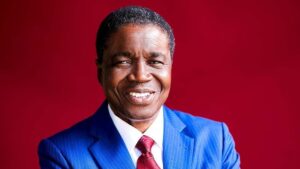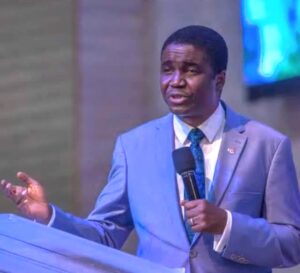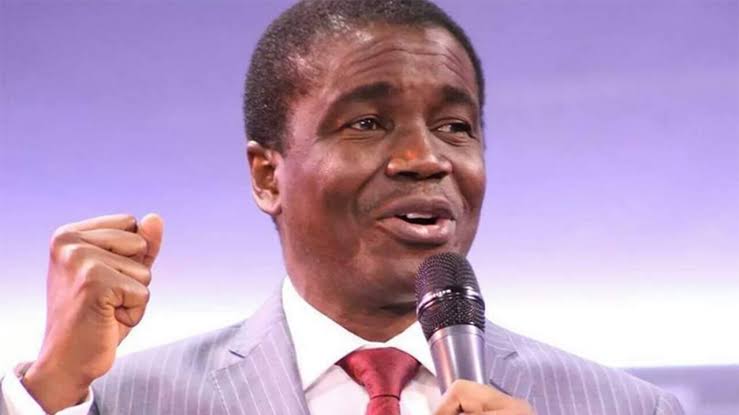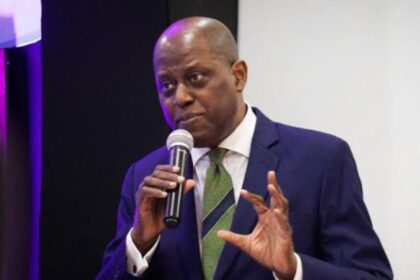In a recent video, Bishop David Abioye, a former pastor with Winners Chapel, has sparked widespread discussion with his recent remarks on the growing acceptance of homosěxuality and lěsbianism within the church.
The bishop, known for his strong stance on moral issues, addressed a congregation with a call for renewed commitment to traditional Christian values. “Today, you see gāy and lěsbianism practiced right in the church,” he said, as he reflected on the changing dynamics of Christian communities worldwide. …CONTINUE READING


Abioye expressed deep concern about the infiltration of what he described as “secular ideologies” into the sacred spaces of faith. He emphasized that the church should remain a pillar of righteousness, upholding biblical teachings despite societal shifts.
“The word of God has not changed. The Bible still condemns these acts, and as a church, we must stand firm in our faith,” he declared. His words were met with both support and criticism, as the debate over the inclusion of LGBTQ+ individuals in religious spaces continues to evolve.
The bishop’s statement has resonated with many conservative Christians, who share his view that the church should resist accommodating what they see as moral compromises.
However, others within the faith community have called for a more inclusive approach. “We must love the sinner, not the sin,” some believers argue, suggesting that the church should create a space where LGBTQ+ individuals feel welcome, regardless of their sexual orientation.
Bishop Abioye’s remarks reflect a broader struggle within Christianity, as various denominations grapple with how to address issues of sexuality, inclusivity, and the interpretation of scripture. His comment highlights the ongoing tension between tradition and modernity, as faith communities strive to navigate a rapidly changing cultural landscape.
In the weeks following the bishop’s speech, discussions surrounding LGBTQ+ rights and church doctrine have intensified. As religious institutions worldwide confront the challenges of inclusivity, questions about how to reconcile faith with contemporary social issues remain central to the debate. The future of the church’s stance on LGBTQ+ issues will likely continue to evolve, with leaders like Bishop Abioye playing a pivotal role in shaping the conversation.
Clicks and watch this videos from



